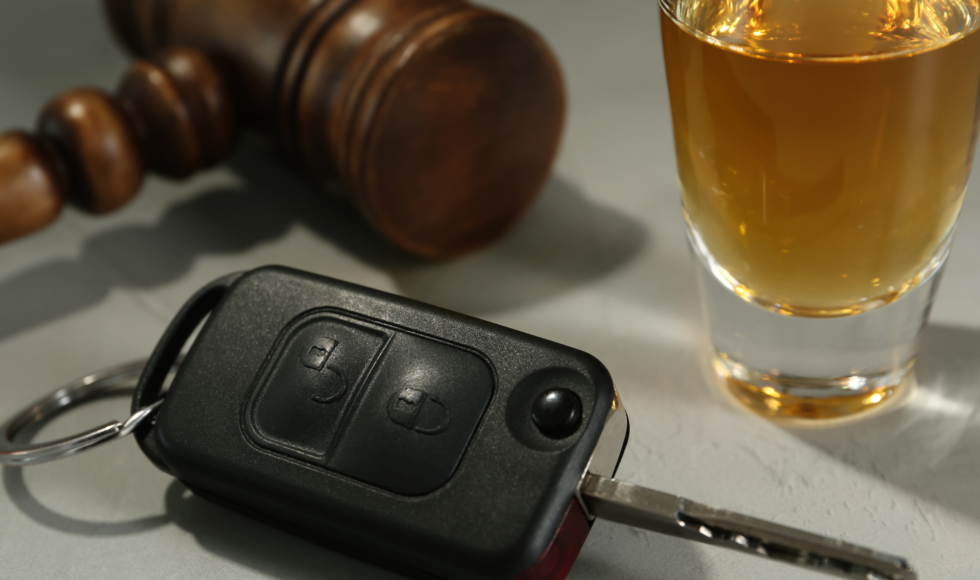Introduction: Facing a DUI charge in Colorado can be a daunting experience, with potential consequences ranging from license suspensions and hefty fines to mandatory ignition interlock device installation. Navigating the legal complexities of DUI defense requires a thorough understanding of Colorado’s laws and procedures, as well as strategic advocacy to protect your rights and mitigate the impact of the charges against you. In this blog post, we’ll explore key aspects of DUI defense in Colorado, including license suspensions, penalties, and ignition interlock requirements, empowering you with the knowledge you need to navigate this challenging legal landscape.
License Suspensions: Following a DUI arrest in Colorado, the Colorado Department of Revenue’s Division of Motor Vehicles (DMV) may initiate administrative license suspension proceedings against you. This administrative action is separate from the criminal DUI case and typically occurs if you fail a breathalyzer test or refuse to submit to chemical testing. Important points to consider regarding license suspensions include:
- Immediate Action: You have a limited window of time (usually seven days) from the date of your arrest to request a DMV hearing to challenge the license suspension. Failing to request this hearing within the specified timeframe can result in automatic suspension of your driving privileges.
- Hearing Process: At the DMV hearing, your attorney can challenge the basis for the license suspension, question the validity of the DUI arrest, and present evidence in your defense. A successful outcome at the DMV hearing can result in the reinstatement of your driving privileges.
- Ignition Interlock Requirements: In some cases, individuals facing license suspensions may be eligible for a restricted driver’s license with the installation of an ignition interlock device. This device requires you to pass a breathalyzer test before starting your vehicle and periodically while driving.
- Even if you do not prevail at the administrative hearing, the hearing itself can provide some “discovery” that may help you better defend the DUI charges in criminal court.
Criminal Penalties: In addition to administrative license suspensions, DUI convictions in Colorado can result in significant criminal penalties, including fines, jail time, probation, and mandatory completion of alcohol education or treatment programs. Key considerations regarding criminal penalties include:
- Enhanced Penalties: Penalties for DUI offenses in Colorado may be enhanced based on factors such as prior DUI convictions, high blood alcohol content (BAC), and the presence of aggravating circumstances, such as accidents or injuries.
- Alternative Sentencing Options: Depending on the circumstances of your case, your attorney may explore alternative sentencing options, such as diversion programs or plea agreements, to minimize the impact of the charges and avoid more severe penalties.
- Defense Strategies: Experienced DUI defense attorneys can employ various defense strategies to challenge the prosecution’s evidence, including questioning the validity of field sobriety tests, challenging the accuracy of chemical test results, and identifying procedural errors or constitutional violations.
Ignition Interlock Requirements: Under Colorado law, individuals convicted of DUI offenses may be required to install an ignition interlock device in their vehicles as a condition of reinstating their driving privileges. Important points to know about ignition interlock requirements include:
- Installation and Maintenance: You are responsible for the installation and maintenance costs of the ignition interlock device, which typically includes monthly calibration and monitoring fees.
- Compliance Monitoring: The ignition interlock device records data on your breath alcohol concentration (BAC) levels and any attempts to circumvent or tamper with the device. Non-compliance or violations can result in further penalties and extension of the ignition interlock requirement.
- Duration of Requirement: The duration of the ignition interlock requirement varies depending on factors such as the number of prior DUI convictions and the severity of the current offense. In some cases, individuals may be required to use the device for multiple years.
Conclusion: Facing DUI charges in Colorado is a serious matter with far-reaching consequences for your driving privileges, finances, and personal freedom. By understanding the nuances of DUI defense, including license suspensions, penalties, and ignition interlock requirements, you can take proactive steps to protect your rights and achieve the best possible outcome in your case. Consulting with an experienced DUI defense attorney is essential for developing a strategic defense strategy tailored to your unique circumstances and objectives.
The contents of this blog are not a substitute for legal counsel!
The information provided on this website does not, and is not intended to, constitute legal advice. It is for informational purposes only!
The information provided in this blog is for general informational purposes only. It may not reflect the current law in your jurisdiction!
You must obtain competent legal advice from a licensed attorney in your jurisdiction!



